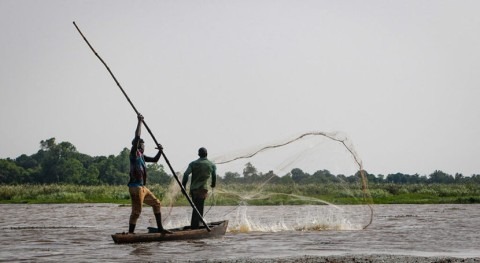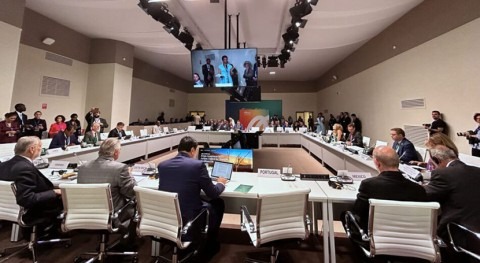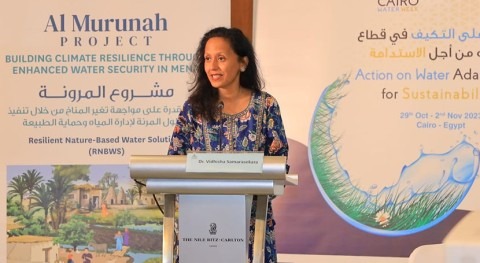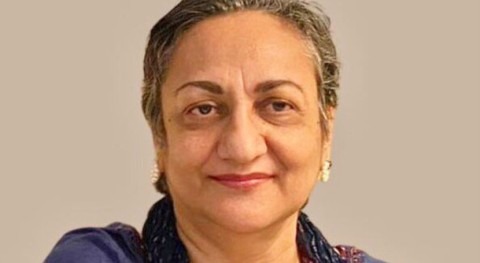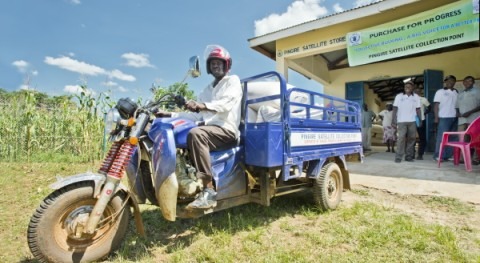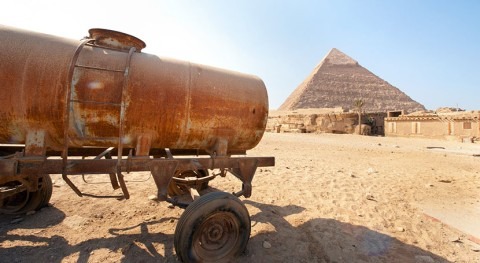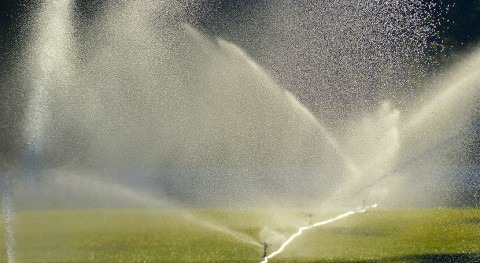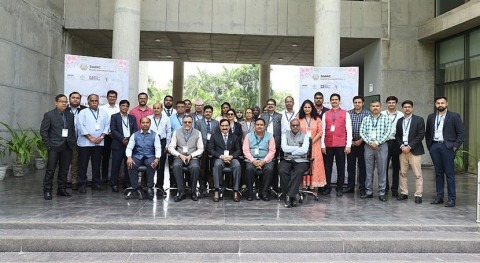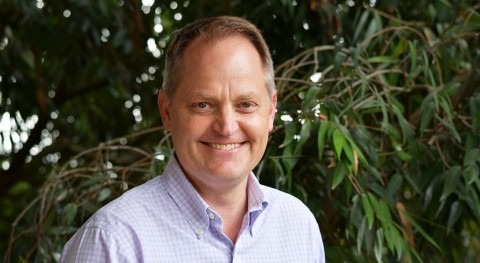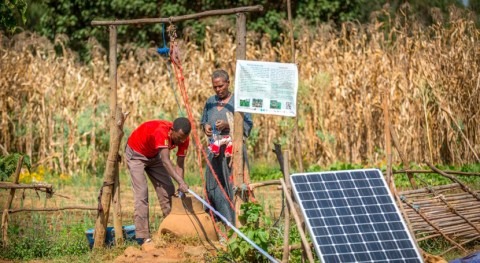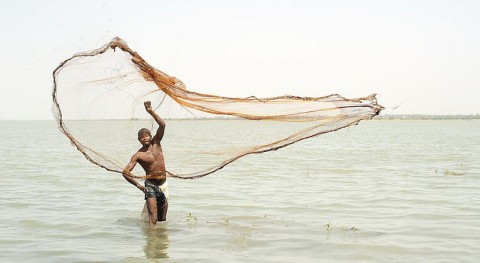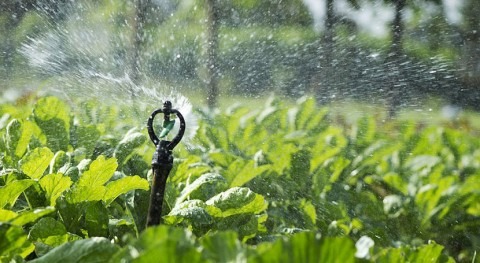‘Do we have enough science to mitigate water crises?’ was the question asked of Dr Claudia Sadoff, Director General of the International Water Management Institute and a keynote speaker at the Budapest Water Summit 2019.
Dr. Sadoff emphasized that while there is a real need to continue to generate scientific innovations there is equally a need to deploy existing proven solutions to both address on-going and avert future water crises. She said prioritization is key, and IWMI has already identified three core areas to focus on: food, climate & growth. At the same time there is a need to target research towards maximum impact.
To meet the SDG’s we need “to make progress as well as measure progress,” Dr. Sadoff said. “Everybody talks about the weather, but nobody does anything about it,” she said, commenting on a quote often falsely attributed to Mark Twain. “Now we know much better how to predict, prepare for and respond to weather. We have enough science to at least partially mitigate the impacts of hydrological extremes.”
She went on to give a number of examples of IWMI’s work in this area, from multi-source remote sensing to monitor drought risk in South Asia to de-linking livelihoods from weather/rainfall with solar irrigation is Sub-Saharan Africa.
Talking about the gains in water efficiency and productivity, she said we have significant knowledge in proven water saving technologies for agriculture, and in cities, we have technologies to identify and fix leaks. In terms of policy, we need to implement policies that better align incentives across the water sector to promote efficiency and penalize waste and pollution.
The ‘once through’ approach to water management is a thing of the past
Saying sustainability is key, she said we need to better understand our resources. For example, water accounting, which integrates satellite data, modelling, and ground based measurements can lead to a better understanding of water availability, when and how to use it, and how it changes over time. Planning is a key component in sustainability with the issue of groundwater sustainability being especially challenging.
Dr. Sadoff said we also need to be mindful of water’s role in the resilience of fragile states, given that they will host between 46% to 80% of the world’s extreme poor in 2030. Water crises compounds fragility and aggravate the challenges of sustainable water management.
Calling for a change in mindset, Dr. Sadoff said that the ‘once through’ approach to water management is a thing of the past. We now know how to link urban and rural resources and waste streams into circular systems, as well as create diversified water portfolios of different quality, cost and reliability with respect to differing water purposes. Innovations in urban planning, utilization of green spaces and permeable surfaces to capture rainwater and replenish aquifers, are all weapons in our portfolio. She said we are also ‘creating’ more water with safe waste water re-use and desalination (where energy usage has fallen by 90% over the last 40 years). Waste water treatment (WWT) has also produced a host of useful by products like fuel and fertilizers.
IWMI has been working on resource reuse and recycling to remove hazards from the environment while returning resources and nutrients to safely use. This is currently being done in peri-urban areas, and soon will be trialed in refugee camps. Dr. Sadoff stressed the need to not only get the science of recycling right, but also our understanding of business models and cultural and regulatory challenges associated with wastewater reuse.
In conclusion, Dr. Sadoff said we need to do a much better job at communication, not only within the water community, but also with the private sector, entrepreneurs, and financiers. We need to convey what we know as well as what we don’t. This will help us to act effectively where we can, and continue to focus research where it is most needed. In summation, Dr. Sadoff called for us to ‘create great science (and to use it with caution and wisdom) to avert water crises’.
Watch the keynote speech below:





